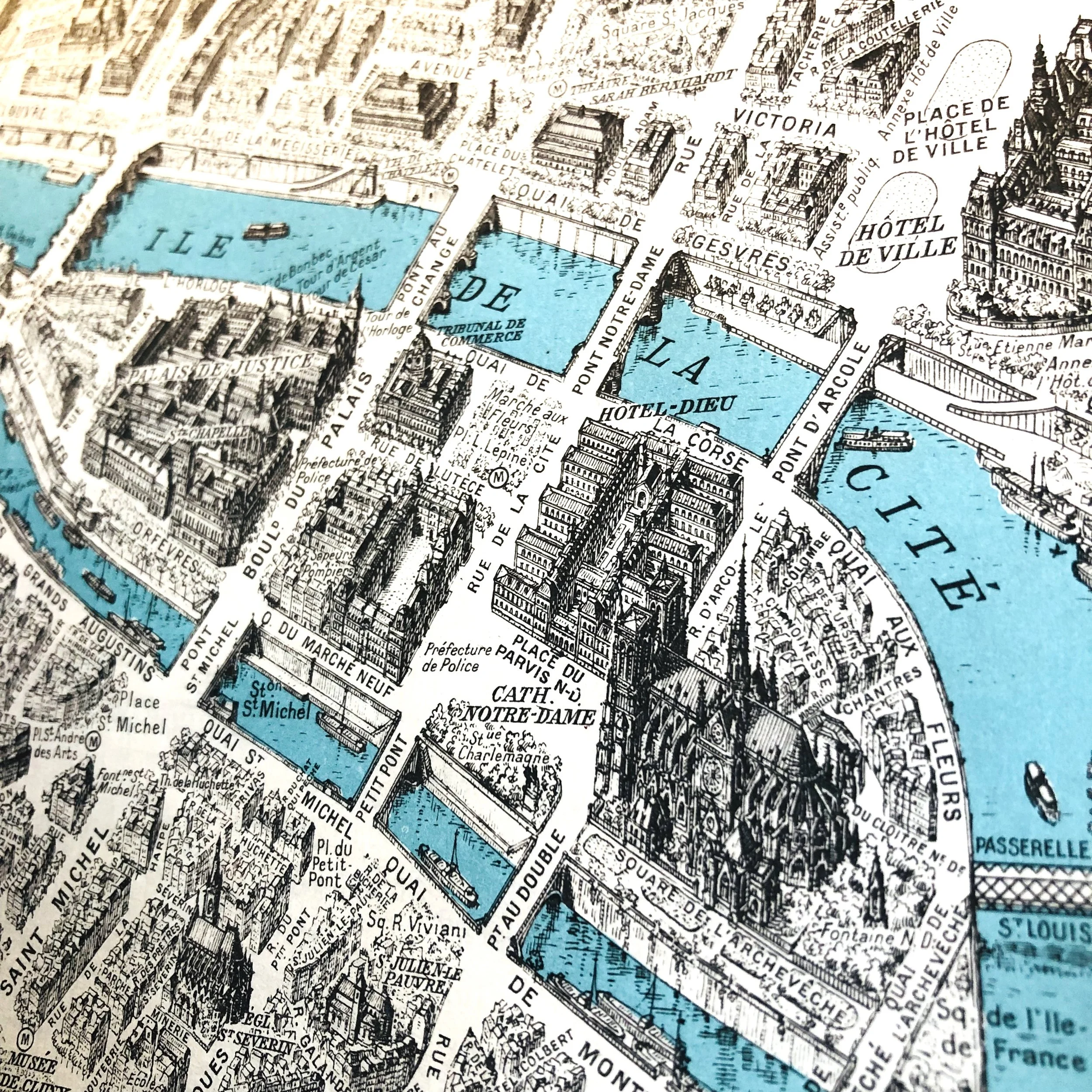“Everything is burning, nothing will remain from the frame.”
A healing crisis in the physical body can represent months or years — decades, even — of energetic deterioration and unsustainability. When this crisis occurs, we wish we “would have known sooner.” We curse the body (our temple) for its frailties. We blame others for the wrongs that have eroded our strength. But we forget that our energy has been communicating with us all along to change our ways. We just haven’t been listening. (In fact, we’ve been programmed NOT to listen, but that’s a topic for another time.)
Almost every Sunday from 2010-2013 I set out from my flat in the 7th arrondissement and made my way across the Seine, into the heart of Paris, seeking some kind of communion with the city (and, once I reached the other side, falafel). For the record, the latter was much easier to acquire.
Often, my journey would take me via the Île de la Cité, across Pont St. Michel, to the square of Nôtre Dame, then out over Pont d’Arcole, eventually into the 4th (and the aforementioned delicacy). I feel I know the streets of Paris far better than I will ever know the streets of Minneapolis. I walked them for three years with an alertness as exhausting as it was exhilarating. I was desperate for answers. I was in a hard emotional place, and I wanted relief. But like any good teacher, Paris didn’t give up her secrets without a price. Those walks were not weekend strolls. They were floor-scrubbings; contemplations; prostrations. That’s all Lutetia was willing to part with. Yet it was everything. Paris was the arena of my healing crisis, and Nôtre Dame played a major role in that pilgrimage.
So I certainly was not rubbing my hands with glee as I watched hungry flames shimmying up its spire. Mine is a sober reflection. This is a catastrophic event from which there can be no return. And “no return” is exactly the point. Yesterday, as I 1) received the news alert on my phone; 2) started getting messages from family and former travel companions; and 3) turned on CNN to let reality properly sink in, I observed many emotions in my body. But not a single one of them was shock.
What I did feel was a deep sadness, paired with a surprising — and rising — sense of hope. For no particular reason, hope. I’m still unraveling that enigma. I don’t think it was the crowd singing hymns in 4-part harmony in the streets. Nor do I think it was the uncanny parallel to the resurrection story, during Holy Week no less. It felt more like a release of global tension I hadn’t perceived prior to that moment. A collective sigh of relief. A recognition that maybe we have a chance to start over.
My conscience hasn’t been able to claim the institution of Christianity as my spiritual home in more than two decades. But its message of hope and redemption runs through my family lineage and through my veins. As does its dark history of bloodshed, misogyny, racism, colonization, persecution, sexual opportunism, and corruption. The eternal optimist in me wants desperately to see its reform; wants to see its practice align with the message to love one another, and actually reflect Christ Consciousness for a change.
Do I think the pyre of Nôtre Dame will startle awake every worshiper and every priest to live as Christ lived? Sadly, no. But it will awaken some of us. It will touch anyone who opens their hearts to the connection between the health of the spirit and the health of its temple. Christianity warns us we cannot serve two masters. We cannot preserve intact the earthly practices of the Church without suffering a healing crisis that forces our spiritual evolution. So, we burn.
Nôtre Dame, I keep reading, “was everyone’s, no matter our religion or nationality.” True. We share a responsibility to advance ourselves as individuals and as communities. We have such extraordinary potential to heal, and such extraordinary potential to harm. We have a choice.
“Things fall apart; the centre cannot hold … The ceremony of innocence is drowned.” Our hearts are on fire. Our souls cry for reconciliation, integrity, grace. We must do better. I pray that whatever rises from the ashes of this healing crisis will carry the energy of a kinder, gentler institution — one that honors the message of its Messiah to protect and advocate for its most vulnerable.

